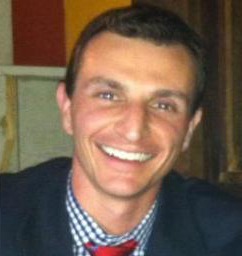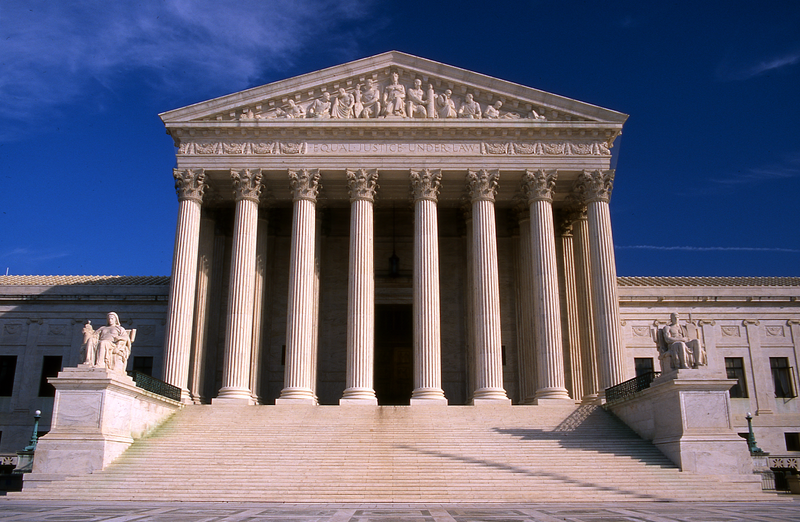Saint Louis, Mo. — Labor leaders and business groups across the country are eagerly awaiting this morning, when the United States Supreme Court is expected to rule on one of the biggest labor cases in decades.
Harris v. Quinn is expected to get a ruling this morning. The case focuses on a group of nonunion homecare workers from Illinois represented by the National Right to Work Committee Legal Defense Fund (NRTWC). The worker’s lawyers argue that all public sector agency shops are unconstitutional because they violate the First Amendment’s prohibition against government compulsion of political speech. The NRTWC lawyers argue that all public sector bargaining is inherently political, and if it is, the state cannot compel someone to pay for it.

Missouri lawmakers might recognize this debate by a different name. Over the past several years, Republican’s have largely championed “paycheck protection” legislation in Missouri. These bills aim to make it much harder for public sector unions to collect dues, under the argument that such dues pay for political activity.
So-called paycheck protection bills have been defeated, either in the Missouri legislature or on the desk of Gov. Jay Nixon, for several years.
Harris v. Quinn is a broad challenge to public sector unions and legal experts say that a favorable ruling for NRTWC lawyers would mark a massive blow to organized labor. A “bad” ruling for labor bosses could go so far as to rule that all dues collected by public employee unions are unconstitutional, forcing those unions to adopt an “opt-in” program for paying that typically weaken their political and financial clout.
Of course, predicting a Court ruling, or the scope of the ruling, is not an easy thing. The Court could just as easily rule against the NRTWC or issue a narrow ruling addressing only a specific union or due collection. Jeff Mazur, executive director of AFSCME Council 72, says any kind of unfavorable ruling, narrow or otherwise, would have an adverse impact.
“In Harris v Quinn, the court may rule to limit the rights available to employee groups that choose to organize,” Mazur said. “Such a ruling would have both narrow and broad effects. At the narrow end, it would weaken programs that allow the elderly and people with disabilities to remain in their homes, as most wish to do. Broadly, it would further diminish the power of middle class workers to push back against billionaires and corporate interests who have spent a generation conspiring to depress the wages and benefits of ordinary American citizens.”
Collin Reischman was the Managing Editor for The Missouri Times, and a graduate of Webster University with a Bachelor of Arts in Journalism.



